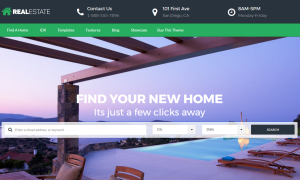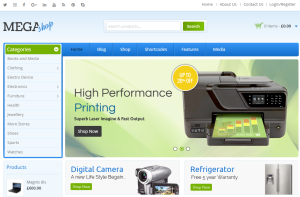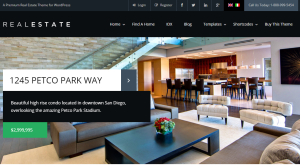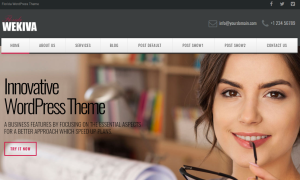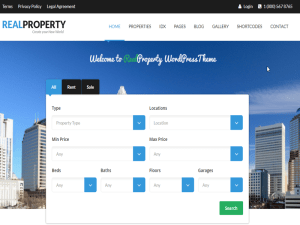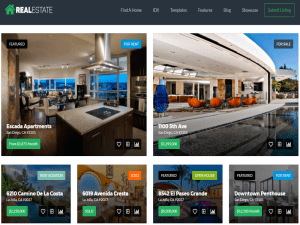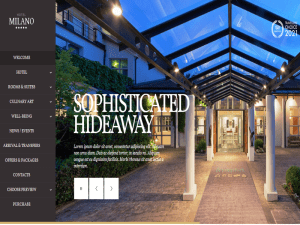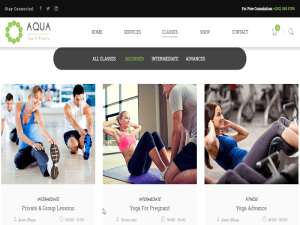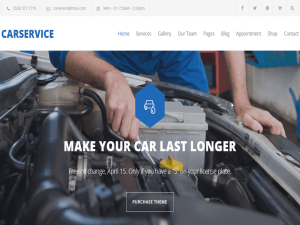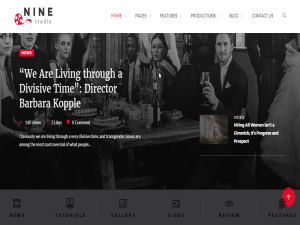WordPress Website Design & Development: A Complete Guide for 2025
When it comes to building a professional, flexible, and scalable website, WordPress continues to dominate the digital landscape. Powering over 40% of all websites globally, WordPress is the go-to choice for businesses, startups, bloggers, and eCommerce brands. But what exactly goes into WordPress website design and development, and how can it benefit your business in 2025? Let’s explore.
Why Choose WordPress?
WordPress is not just a blogging tool anymore — it’s a full-fledged Content Management System (CMS) that can be tailored for almost any business need. Some key advantages include:
- Ease of Use: User-friendly dashboard for content updates without coding.
- Flexibility: Thousands of themes and plugins available.
- Scalability: From a small blog to a large eCommerce store, WordPress grows with you.
- SEO-Friendly: Built with clean code and supported by powerful SEO plugins.
- Community Support: A massive global community ensures continuous improvements and resources.
The WordPress Website Design & Development Process
Designing and developing a WordPress website requires a step-by-step process to ensure success. Here’s how it typically works:
1. Requirement Gathering & Planning
- Identify business goals, target audience, and core functionalities.
- Decide whether the site will be informational, eCommerce, membership-based, or portfolio-driven.
2. Wireframing & UI/UX Design
- Create the blueprint of the site (layouts, navigation flow).
- Focus on mobile-first responsive design and user experience.
- Customize themes to align with brand identity.
3. Development & Customization
- Install WordPress core, theme, and plugins.
- Customize themes or build from scratch for a unique look.
- Add necessary features (contact forms, booking systems, SEO tools, security, etc.).
4. Content Integration
- Upload optimized text, images, videos, and graphics.
- Structure pages for readability and SEO.
- Ensure accessibility compliance.
5. Testing & Quality Assurance
- Test across devices (desktop, tablet, mobile) and browsers.
- Check speed, responsiveness, and performance.
- Fix bugs or inconsistencies before launch.
6. Launch & Optimization
- Connect domain and hosting.
- Set up SSL certificates for security.
- Optimize for SEO, caching, and speed.
7. Maintenance & Support
- Regular updates for WordPress core, themes, and plugins.
- Security monitoring and backups.
- Ongoing performance improvements.
Types of WordPress Websites You Can Build
WordPress is versatile enough to power nearly any type of website:
| Type of Website | Key Features | Ideal For |
|---|---|---|
| Business Website | Services, contact forms, lead generation | Small businesses, agencies, consultants |
| eCommerce Store | WooCommerce, payment gateways, inventory management | Retailers, online shops |
| Portfolio Website | Galleries, case studies, testimonials | Designers, photographers, freelancers |
| Blog / News Website | Categories, comments, SEO | Bloggers, publishers |
| Membership / LMS | Courses, subscriptions, gated content | Educators, online academies |
| Non-Profit / NGO | Donations, events, volunteer registration | Charities, organizations |
Cost of WordPress Website Design & Development in 2025
The cost of a WordPress site depends on its complexity, design, and functionality.
| Type of Site | Estimated Cost (USD) |
|---|---|
| Basic Business Website (5–10 pages) | $500 – $2,500 |
| Customized Business Website | $2,500 – $7,500 |
| WooCommerce eCommerce Store | $3,000 – $15,000+ |
| Large/Enterprise WordPress Solution | $10,000 – $50,000+ |
Best Practices for WordPress Website Design & Development
- Go Mobile-First: Majority of traffic comes from mobile devices.
- Prioritize Speed: Use caching plugins, image optimization, and lightweight themes.
- Focus on SEO: Install SEO plugins (Yoast SEO, Rank Math) for higher visibility.
- Secure Your Site: Use SSL, security plugins, and regular backups.
- Keep It Updated: Outdated plugins/themes can create vulnerabilities.
- User Experience First: Simple navigation and clean design convert better.
Why Hire a WordPress Expert?
While WordPress is user-friendly, professional WordPress developers and designers bring:
- Custom design beyond templates.
- Optimized performance and SEO setup.
- Secure, scalable, and future-proof websites.
- Integration with third-party tools (CRM, payment gateways, booking systems).
- Ongoing support and troubleshooting.
Conclusion
WordPress website design and development in 2025 continues to be the smartest choice for businesses of all sizes. With its flexibility, cost-effectiveness, and endless customization options, WordPress empowers brands to create professional websites that drive traffic, leads, and revenue. Whether you’re launching a new business or upgrading an old site, WordPress is a reliable foundation for your digital success.



